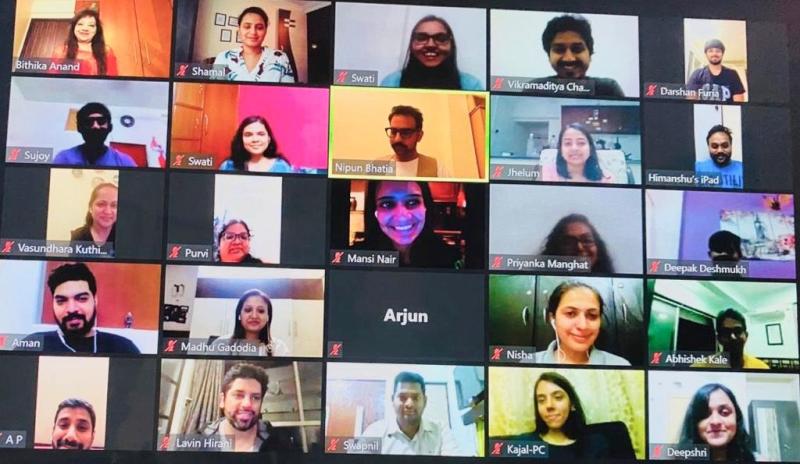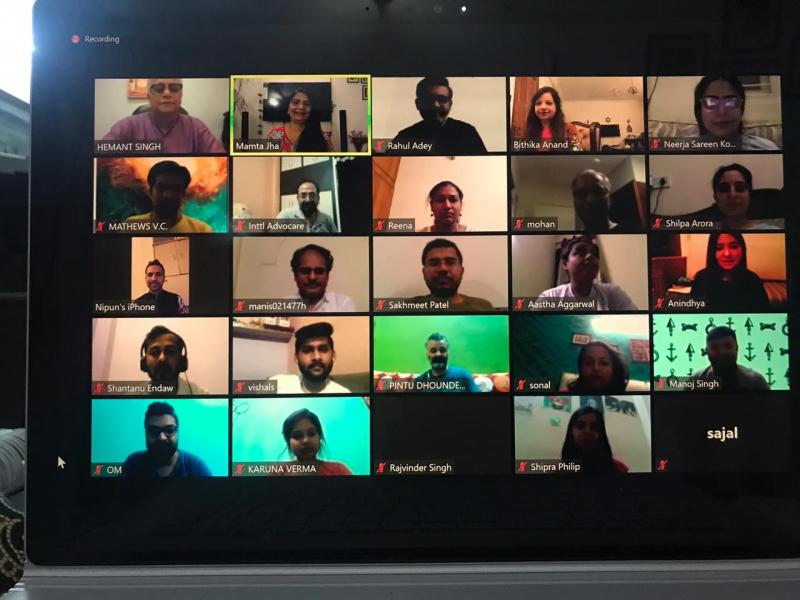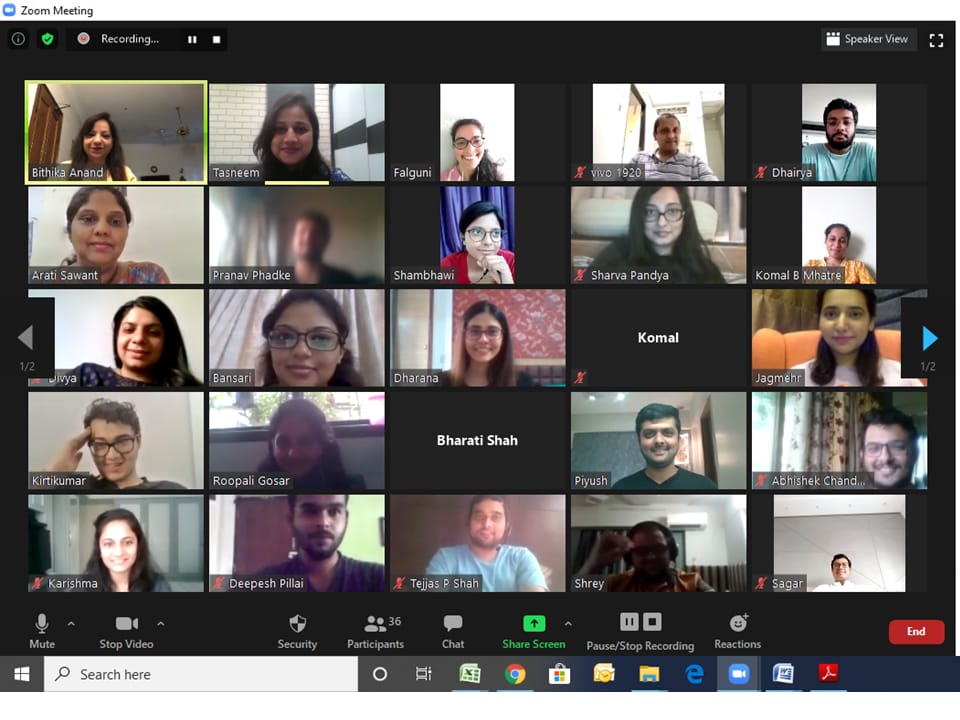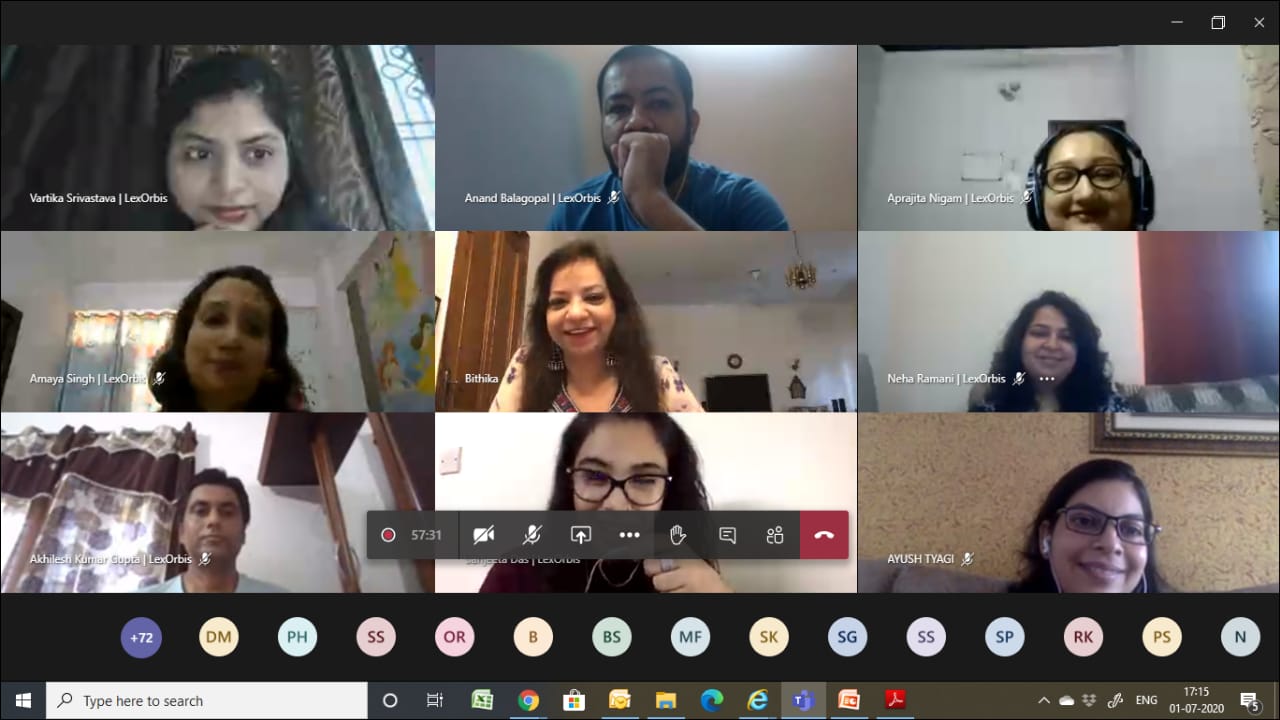
The legal industry, known for its rigorous and traditional recruitment methods, is at an inflection point. With the increasing importance of soft skills and the need for cultural fit, law firms are exploring innovative hiring techniques.
Behavioral interviewing, a method that investigates a candidate’s past actions as a blueprint for future performance, is emerging as a powerful tool in the arsenal of legal recruitment. But, how can law firms harness the potential of behavioral interviewing to secure top talent?
The landscape of legal practice is changing. As the profession becomes more client-centric and teamwork-oriented, the skills law firms seek in their employees are also evolving. Beyond the ability to interpret legislation and construct compelling arguments, law firms need lawyers who can manage stress, work effectively in teams, and build strong relationships with clients. Traditional interviewing methods, while effective at assessing technical skills, often overlook these vital attributes. This is where behavioral interviewing can bridge the gap.
Behavioral interviewing operates on the principle that past behavior predicts future performance. Instead of focusing on subjective impressions or hypothetical scenarios, it delves into a candidate’s past experiences. For instance, an interviewer could ask, “Can you describe a time when you had to manage a conflict within your team? How did you approach the situation and what was the outcome?” Such questions enable law firms to evaluate a candidate’s real-world problem-solving skills, emotional intelligence, and adaptability.
Incorporating behavioral interviewing in their recruitment process can offer law firms several benefits, the first of which is a more comprehensive assessment of a candidate’s potential. By exploring how candidates have handled real-life situations, law firms can gain insights into their soft skills and problem-solving abilities, traits that are increasingly vital in today’s collaborative legal practice.
Secondly, behavioral interviewing can provide a clearer picture of a candidate’s cultural fit within the firm. Questions about past interactions with colleagues and clients can reveal a candidate’s communication style, values, and teamwork skills, helping law firms identify individuals who would thrive in their particular work environment.
Finally, behavioral interviewing can help reduce unconscious bias in the hiring process. By focusing on a candidate’s actions and experiences rather than personal attributes, law firms can make more objective and fair hiring decisions.






